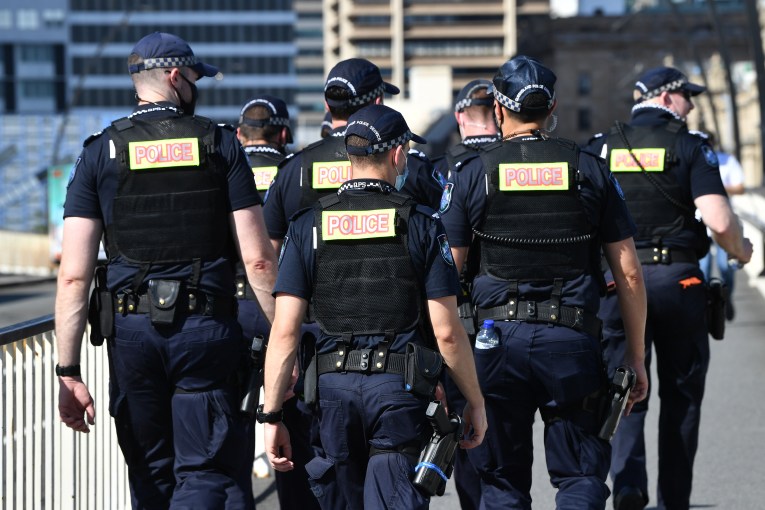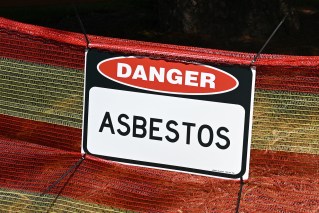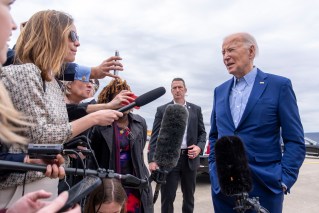Minimum wage lifted for 2.3 million workers


Minimum wage workers will get a 3.5 per cent pay rise from July 1. Photo: Getty
Wages for the country’s lowest-paid workers will rise 3.5 per cent from $18.29 an hour (or $694.90 for a 38-hour week) to $18.93 ($719.20 a week), under a Fair Work Commission ruling.
The decision, released on Friday, increases wages for up to 2.3 million workers who receive the minimum wage.
Unions had sought a record rise of $50 (or 7.2 per cent), while the Australian Chamber of Commerce and Industry wanted $13 (1.9 per cent).
The National Retail Association and the Restaurant and Catering Industry Association of Australia had called for no change in the rate.
Workplace Minister Craig Laundy said the commission’s decision was evidence the government’s economic settings were correct and job growth policies are working.
Labor frontbencher Brendan O’Connor said the rise was necessary to make sure Australians got to share in good economic conditions.
“We needed to see some redress to flat-lining wages and people struggling with cost-of-living pressures,” he said.
“This goes some way to responding to that. But … we need to see better tax relief for working-class and middle-class families and we call on the government to support Labor’s tax relief.”
Australian Chamber of Commerce and Industry employment director Jenny Lambert said having a safety net was important.
“But we need to get the balance right, because we’ve got to make sure we protect the most vulnerable small businesses,” she said.
Ms Lambert said the decision was a hit for small business and the unemployed.
In announcing the decision, Fair Work Commission president Justice Iain Ross said economic indicators had improved since last year’s review and the expert panel felt a real wage increase was appropriate. However, it had decided against raising the wage as much as the ACTU and the Australian Catholic Council for Employment Relations had sought.
“In our view, an increase of the size they propose is likely to run a substantial risk of adverse employment effects,” he said.
“Such adverse effects will impact on those groups who are already marginalised in the labour market and on households vulnerable to poverty due to loss of employment or hours.”
Justice Ross said the 3.5 per cent rise would not create undue inflationary pressure and was unlikely to have any measurable negative effect on employment. But it would mean an improvement in real wages for the 2.3 million workers who relied on it.
We’ve fought hard for this #minimumwage 3.5% rise. It’s the biggest increase we’ve seen in years, but it’s still not a #livingwage.
“Nobody should live in poverty while they work full time” – we’re right behind you @sallymcmanus!
We’re going to keep fighting to #changetherules pic.twitter.com/KdDywGEBRw
— HACSU Victoria (@hacsu) June 1, 2018
Greens MP Adam Bandt said one in four people in poverty worked full time.
“Even though the economy is apparently strong, this decision will still leave many full-time workers living in poverty,” he said. “Until we enshrine in law a minimum wage above poverty level, inequality will continue to grow in Australia.”
ACTU secretary Sally McManus said the ruling was a step forward for workers.
“It is a step towards a living wage,” she said. “But we will not rest and will keep fighting until Australian workers have a living wage.”
She said the ruling showed the commission recognised that conditions were good for business but living standards were not improving.
“We still have record low wage growth in our country,” she said. “Someone is getting the benefit and it’s not working people.”
The new pay rate takes effect from July 1.
-with AAP








